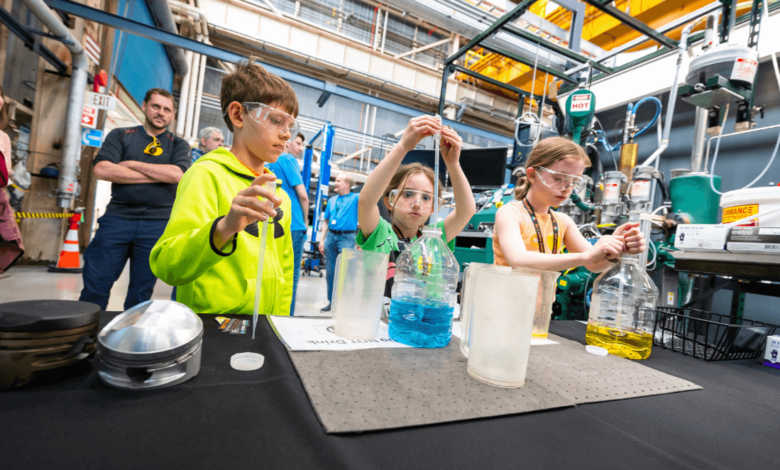House of People: Nqd8yhw1wvc= Science

The “House of People: Nqd8yhw1wvc= Science” concept presents a compelling framework for enhancing scientific literacy through community engagement and collaboration between citizens and policymakers. By prioritizing active participation and integrating technology, this model not only fosters informed decision-making but also reshapes societal norms towards a more inclusive governance. The implications of such a transformative approach extend far beyond individual communities, raising questions about the future of science and its intersection with civic responsibility. What specific strategies can be employed to ensure that this vision becomes a reality?
Understanding the Concept
Understanding the concept of the “House of People” requires a multifaceted approach that examines its socio-political implications and structural dynamics.
A critical element is enhancing scientific literacy among citizens, enabling informed participation in governance.
Furthermore, fostering collaborative research initiatives can bridge gaps between communities and policymakers, ultimately empowering individuals to shape their environments and advocate for their rights within the political framework.
Importance of Community Engagement
Community engagement plays a pivotal role in the effectiveness of the “House of People” framework, as it fosters a sense of ownership and responsibility among citizens.
By promoting community collaboration, individuals become more invested in local initiatives, enhancing social responsibility.
This collective involvement not only strengthens social bonds but also empowers citizens to advocate for positive change, ultimately enriching the community’s overall well-being.
Practical Applications in Daily Life
The practical applications of the “House of People” framework in daily life can profoundly influence individual behavior and community dynamics.
By fostering scientific literacy, individuals can make informed decisions, enhancing their personal and societal well-being.
Moreover, technology integration facilitates access to resources, promoting collaboration and innovation.
Together, these elements empower communities to thrive, encouraging a culture of critical thinking and informed action.
Read Also Logo:7iat1wzvjmq= Dr Squatch
Future Implications for Science
As individuals and communities increasingly engage with the “House of People” framework, the implications for science extend far beyond immediate applications.
This engagement invites profound ethical considerations, ensuring that technological advancements align with societal values and human rights.
Conclusion
In conclusion, the “House of People: Nqd8yhw1wvc= Science” concept represents a transformative approach to scientific literacy and governance through community engagement. Critics may argue that such initiatives could dilute expert authority; however, empowering citizens fosters informed decision-making and enriches policy development. By integrating technology and encouraging active participation, communities can cultivate a culture of collaboration that not only enhances individual understanding but also drives systemic change, ultimately leading to improved societal outcomes and a more equitable future.



